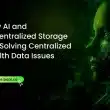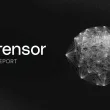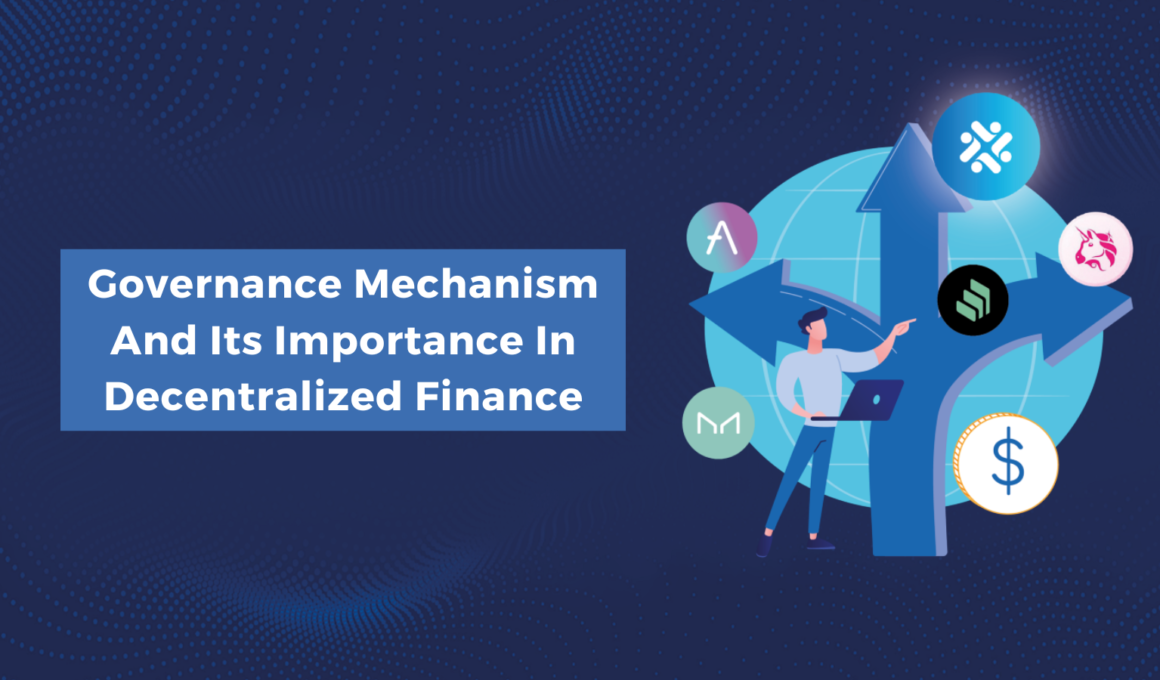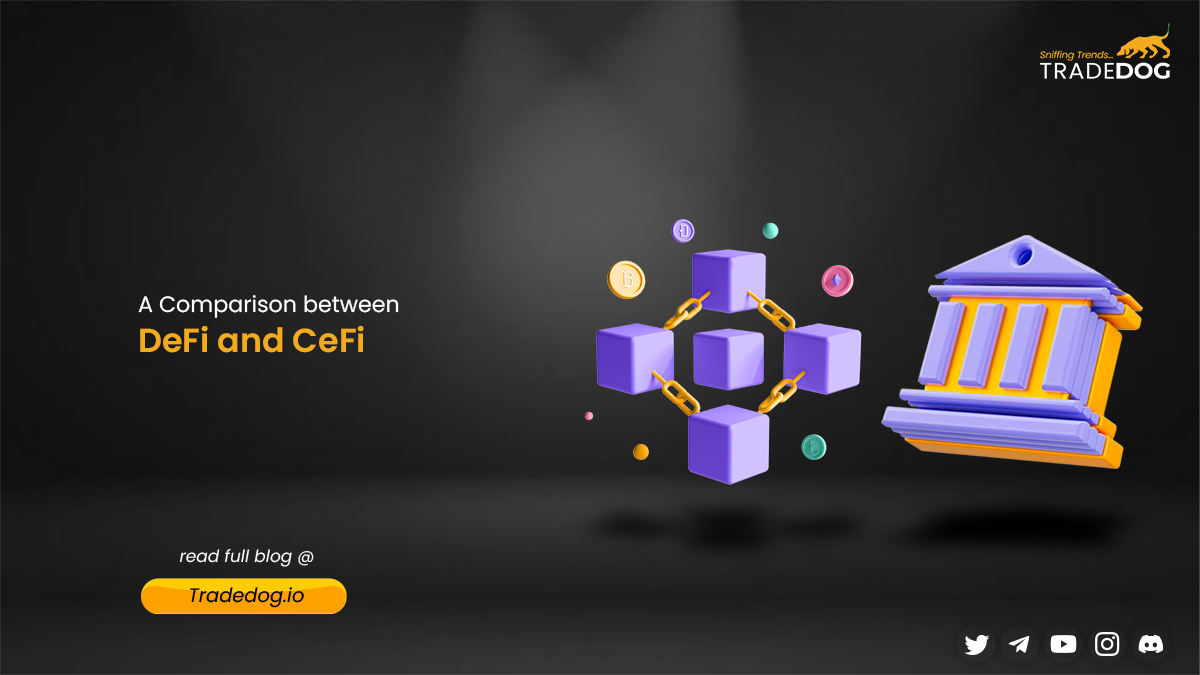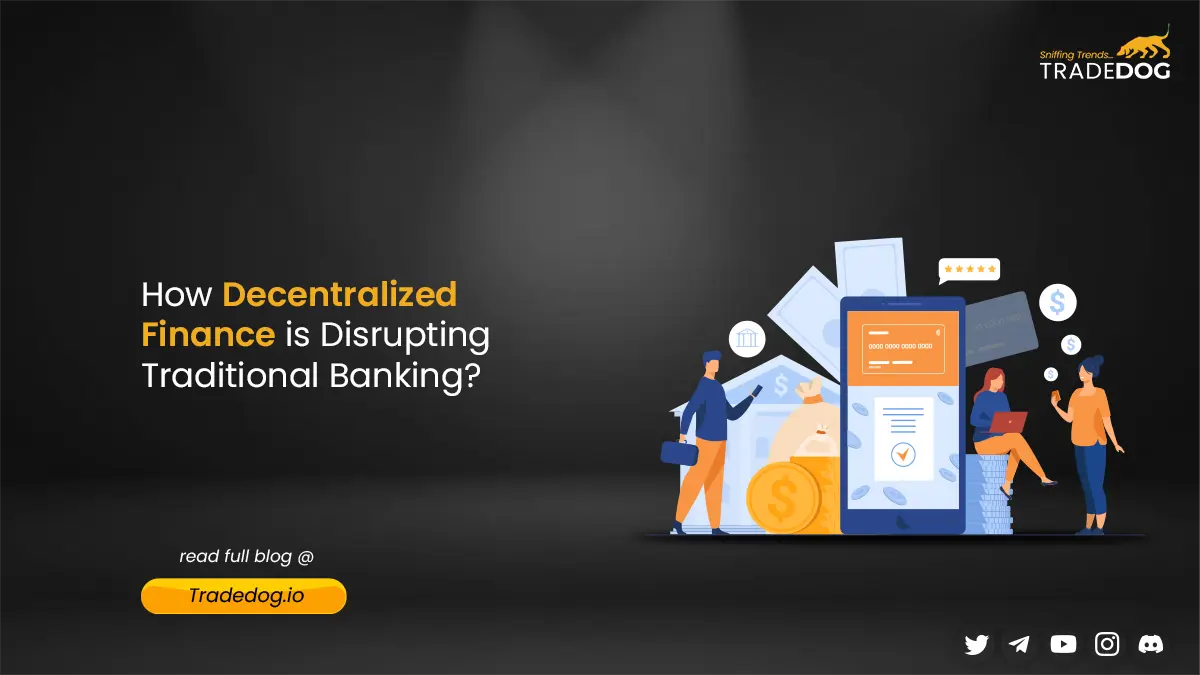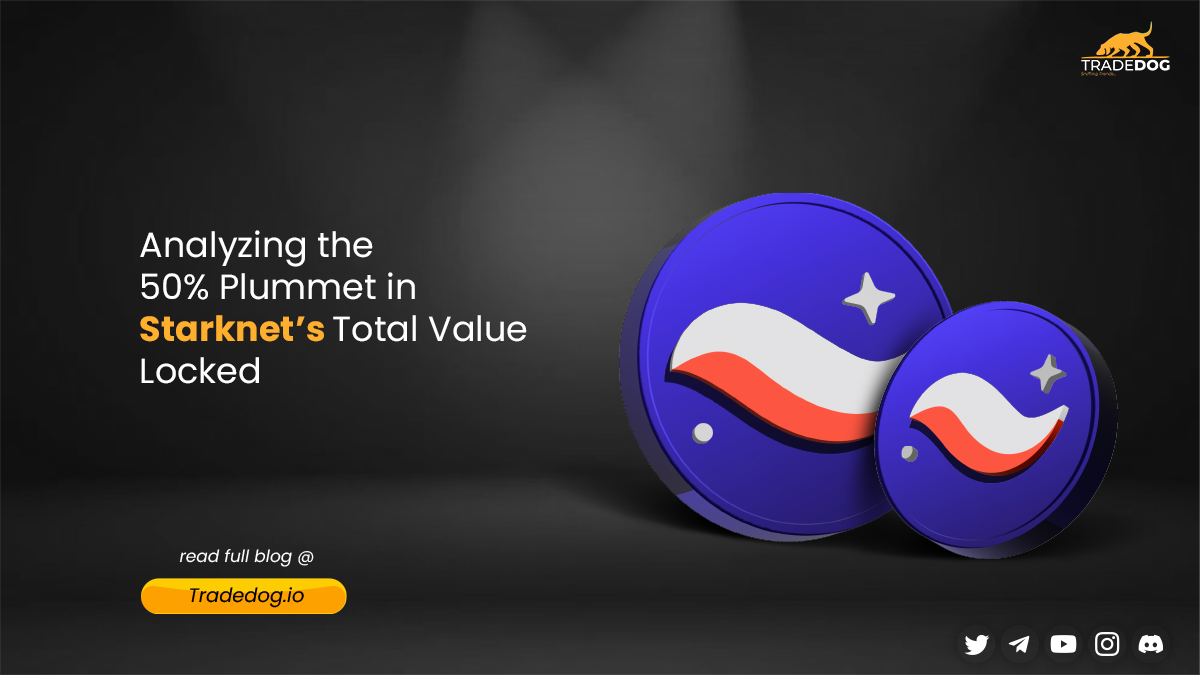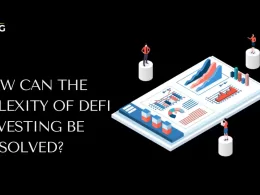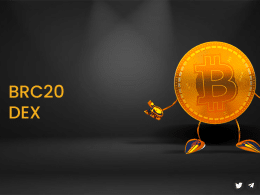Quick Links
Just like in the real world where governance is an extension of democracy and democracy is a system or practice where citizens of a country are able to have a say on how their country is being run, the same thing goes for the blockchain and Cryptocurrency industry.
Decentralized finance (DeFi) has been hailed as the best thing to happen to the world’s financial system, and every day more and more people subscribing to the idea of having total control of their money. People now have more than enough reasons why they should shift their focus from traditional finance to a more decentralized alternative. A financial system that is completely decentralized, fully automated, not controlled by any central governing body, and with little or no risk of being scammed by counterparts in a transaction.
But in the drive to make the ecosystem as decentralized as possible, it begins to look rather centralized with the powers CEOs and core developers of a project wield and this has led to the increased need to stay true to the ideals of cryptocurrency which are democratization and decentralization.
This has led to the invention of governance tokens.
What Are Governance Tokens?
Governance tokens are tokens that developers of a protocol create to give holders of that token the power to decide and vote on the changes they want in a protocol. This is the idea behind Decentralized Autonomous Organizations (DAOs) where users control and contribute to the entire development process of a project.
Just like equities where an equity holder has access to a business’s cash flow, the same thing goes for governance tokens but with a slightly different perspective. With governance tokens, holders have the right to vote and have a say in the governance and management of a project. This sentiment is shared by Philipp Hacker, a researcher the author of a paper on corporate governance systems in cryptocurrency. He says, “At an individual level, real monetary value is at stake, which in turn gives rise to investor and payment protection concerns”. According to Hacker, because crypto investors are directly affected by any changes to the protocol in a blockchain, they have rights just like company shareholders.
By using governance tokens, users have the power to vote for or against a proposal, push their own proposal in the community or even change the entire governance system of that protocol. In an increasingly decentralized world such as what we find ourselves in today, it is extremely important for users to have a say in how the protocols are run, as it’s in the token holder’s best interest. And like with security and utility tokens, we have governance tokens to help with governance in DeFi.
Examples of DeFi protocols using token-based governance are Compound ($COMP) and MakerDAO (MKR).
For instance, the Compound governance token ($COMP), a lending platform that is Ethereum-based, allows its holders to determine interest rates for the lending platform. Token holders may sometime in the future, decide to vote to reward themselves with better and more favorable borrowing or lending rates. This is just another example of how users can take advantage of governance tokens.
A great thing about governance tokens is that they are tradable. They can gain value and also lose value. Just like with coins, protocols sometimes distribute free governance tokens in airdrops to add liquidity to the protocol and create interest. Take for instance when Uniswap did an airdrop of their UNI governance token to the public in the 4th quarter of 2020. Users who had interacted with the protocol in the past got 400 UNI tokens. As of writing this piece, UNI is trading at $35. This means that those who got the airdrop last year currently have about $14,000 worth of tokens in value. They can go ahead to trade the tokens if they want and this is just another example of the importance of governance tokens in the DeFi space.
How governance mechanisms work in some prominent protocols
1. Bitcoin – In Blockchain technology for cryptocurrencies, Bitcoin is the most popular open-source network with a decentralized model of governance that is also used by other protocols. The governance model with Bitcoin is a straight mix of on-chain and off-chain governance. This implies that community leaders and the core development team of Bitcoin contribute to the governance model.
The original protocol from Satoshi Nakamoto is what Bitcoin still follows and this is open to potential participants willing to contribute to codes that improve Bitcoin’s development. These contributing developers supply computing power in return for being able to contribute to Bitcoin’s open protocol and it is these computing power suppliers also known as miners who are behind Bitcoin’s governance, together with community users.
Meritocracy is practiced here as decisions in the network are taken based on who the most active miners are. Miners with high activities in the network get a higher say on decisions. A Bitcoin Improvement Proposal (BIP) is voted on by the network, with the core lead developer moderating. Proposed changes are then either rejected or accepted according to the results of the vote.
2. Ethereum – The second most popular cryptocurrency uses a very similar governance model to that of Bitcoin. Ethereum Improvement Proposals (EIPs) are submitted by users who wish to make alterations to parts of the software. Proposal submissions and changes can be tracked in the open-source GitHub depository for Ethereum.
3. MakerDAO – With a total circulating supply of 23.52% to the top 20 wallets and 76.48% to the rest of the users in the network, the governance of this lending protocol is 100% in the hands of MKR (MakerDAO token) holders as users vote with tokens here. With the model of governance MakerDAO practice, users get to agree on important community goals and targets, and those proposals are put to an executive vote. However, it’s worrying that voting decisions may be more centralized in this network because of the way the tokens are distributed—a small percentage of the total wallets hold the majority of the tokens, so decisions are at the risk of being rigged by a select few.
4. DFINITY – This network uses a governance model that is algorithm-based. It has something it calls a Blockchain Nervous System (BNS) that is made up of Neurons and it is these neurons that give the network users voter’s identity. When trying to submit a proposal in the network, neurons (voters) must first select a category in which decisions in the Dfinity network are made. The categories include policy, code, and economics. There are also proposal fees attached to every submission and the higher the fee submitted by a neuron, the more voting power they get.
5. EOS – The EOS model of governance has a 21-man executive body known as the EOSIO Core Arbitration Forum (ECAF). This body is made up of individual block propagators (BPs) who make important decisions in the network. A user’s approval as well as the votes of 15 out of the 21-man executive body is required for a proposal to be passed. Decentralization in the EOS governance system is greatly reduced, and this has caused some controversy in the crypto ecosystem.
6. DASH – Dash is a currency that focuses on privacy. It relies on the Decentralized Governance by Blockchain (DGBB) for governance in its protocol. Proposals are simply submitted to stakeholders, who have a deadline to announce their decision. Because of the urgency attached to this model of governance, the DASH model causes participants of the network to vote before a deadline is reached, and this sense of urgency helps increase voter participation and the early submission of votes. “In essence, we are owned indirectly by the network and have a fiduciary duty back to them,” CEO of Dash Ryan Taylor said.
CONCLUSION
Participating in the governance of the crypto ecosystem through voting using tokens is a solid step toward a transparent system of on-chain governance and it furthers the fundamental value of blockchain technology. And it is important to note that decentralization of governance and giving users a say do further good in pushing the idea of decentralized finance.

